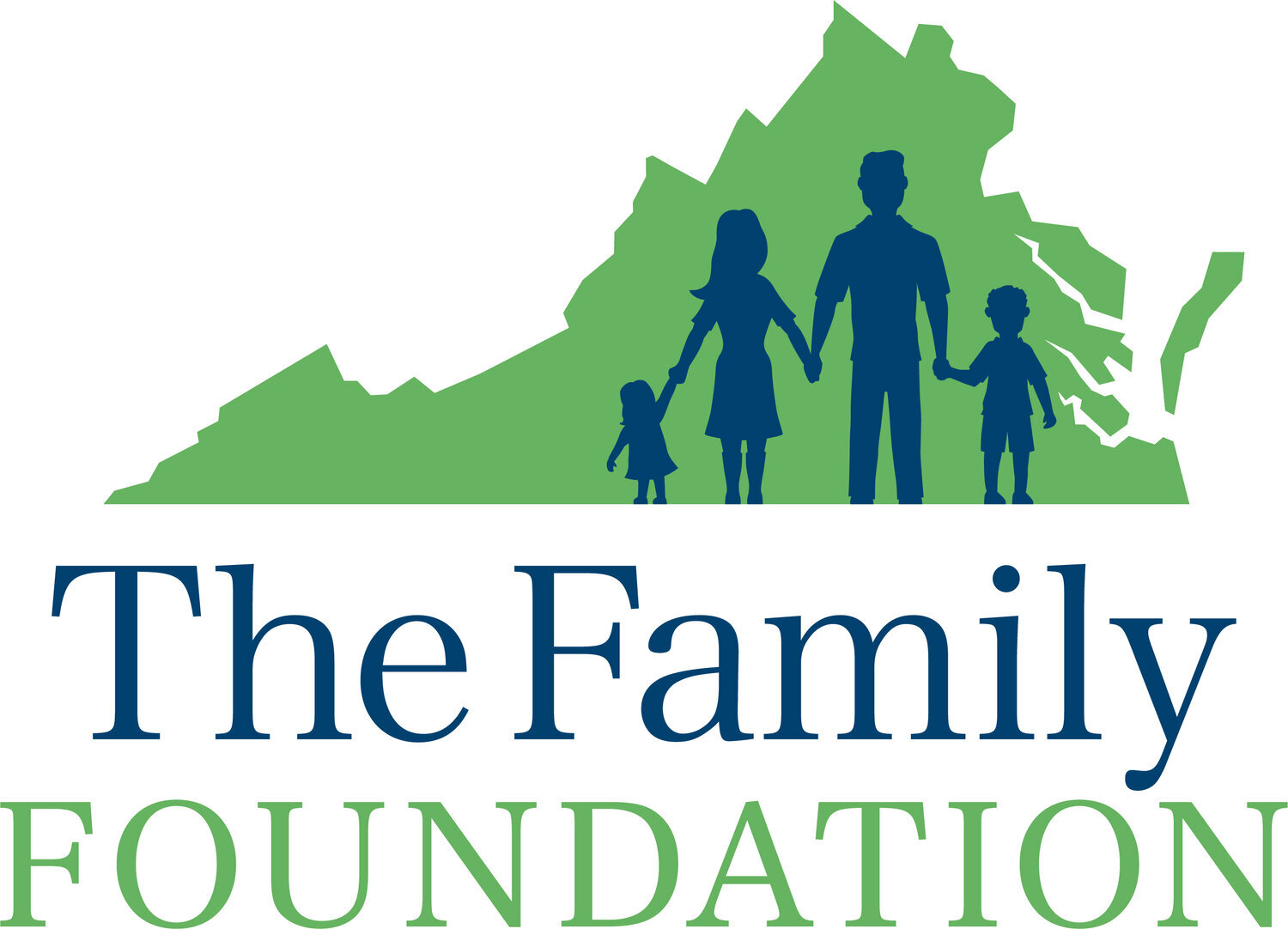The Danger of Federal Aid
This year Virginia took the proverbial “carrot on a stick” and accepted federal aid to expand Medicaid. This aid was promised through the Affordable Care Act (ACA), also referred to as Obamacare. What would happen if that federal aid were no longer available?
Before you say this is impossible, you should remember that a legislative repeal of Obamacare was just one vote away in the U.S. Senate, and that some courts have already ruled Obamacare to be partly or entirely unconstitutional. A legislative repeal of Obamacare or a U.S. Supreme Court ruling finding Obamacare to be unconstitutional is not out of the realm of possibility.
In fact, last week U.S. District Court Judge Reed O'Connor issued another crucial blow to the legitimacy of Obamacare. In a case brought by twenty state Attorney Generals, Judge O’Connor ruled that the Tax Cuts and Jobs Act of 2017, which repealed the individual mandate penalty, rendered the individual mandate unconstitutional. According to Judge O’Connor, removal of the individual mandate would cause the entire law to be invalidated because the individual mandate is so intricately interwoven within all of the provisions of the law.
If this ruling makes its way to the Supreme Court and is upheld, then a number of provisions within the law would be invalidated, including: coverage of pre-existing medical conditions; children staying on the insurance plan until the age of 26; expanded Medicaid coverage for low-income persons; and the mandate that employers with a staff of at least 50 workers provide coverage or pay a penalty.
So what impact would this ruling have on Virginia’s Medicaid expansion if it were upheld by the Supreme Court?
In May 2018, Virginia lawmakers passed a budget that expanded Medicaid starting in January 2019, adding an estimated 400,000 new patients to the Medicaid rolls. Under the ACA, states that expanded Medicaid (including Virginia) pay 7 percent of the expansion costs while the federal government pays 93 percent. Come 2020, Virginia will be responsible for 10 percent of the costs while the federal government pays for the remaining 90 percent. In terms of dollars, Virginia is expected to receive approximately $2 billion from the federal government for fiscal years 2019 and 2020 to cover the cost of Medicaid.
A repeal of Obamacare would leave Virginia on the hook for all of these costs and create a substantial hole in the state budget! If that’s not bad enough, Virginia also faces a $462.5 million shortfall in existing Medicaid funding, unrelated to expansion, as a result of underestimated expenses related to treatments for elderly and disabled people.
The Virginia state budget does contain a mechanism known as the “kill switch” that would end Medicaid expansion if federal funding is ever stopped. But would Virginia really end Medicaid after it has been fully expanded and stop coverage for 400,000 low-income people depending on it? Or would lawmakers deem the program “too big to fail” and increase taxes to keep it afloat?
Medicaid expansion was made possible because of the promise of federal funding to help states afford the additional costs with increased patient enrollment. Promises of funding from the federal government can easily be broken. But because Virginia’s expanded Medicaid is dependent upon this promise, we are forever beholden to federal stipulations and mandates, and are also at risk for Grand Canyon-sized budget shortfalls should the funding ever go away.
Perhaps this recent ruling on Obamacare could serve as a wake-up call to Virginia lawmakers when they are faced with future opportunities to take the bait of federal aid, especially as we move into the 2019 General Assembly session.
Over-dependence on federal funds can make it difficult to determine who should be held accountable for the actual spending and policy outcomes. Reliance upon federal aid also makes it difficult to implement fiscal policies that reflect the socio-economic disposition of the state. If lawmakers no longer feel the constraints of only having state revenue to spend, they are more likely to increase spending without restraint.
Remember what Milton Friedman famously said, “nobody spends somebody else’s money as wisely as he spends his own.” It is therefore important to remind our elected officials to be good stewards of the tax revenues generated from the hard-earned income of Virginians.
